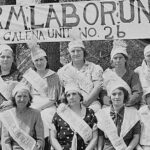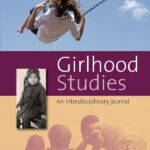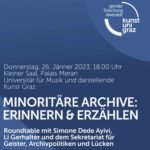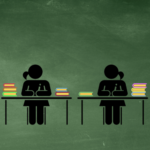Centre for the Study of Health, Ethics and Society, University of Hamburg (Web)
Time: 09.-10.06.2023
Venue: Warburg-Haus, Hamburg
Proposals due: 06.03.2023
How can gender and sexuality – broadly conceived both methodologically and thematically – help to inform historical understanding of the role of medicine in post-war Europe? This conference will bring together scholars working in different disciplines to examine how theoretical approaches incorporating gender and sexuality can shed light on medical ethics, scientific practices, and policymaking associated with health across the ideological divide. How can histories of gender and sexuality illuminate individual medical experiences and the complex relations between patients, doctors, policymakers, pharmaceutical companies, and medical ethicists during the Cold War period?
The organizers are particularly interested in papers which examine gender, sexuality, and medicine in Central and Eastern Europe in order to gain greater insight into how medicine was imagined, managed, sold and experienced across Europe. Exploring gender and sexuality in the context of post-war medicine can help us to discern potential similarities in medical practices, policies, and experiences across Europe, which moves beyond the security context and ideological differences of the Cold War to highlight the exchange of scientific ideas across the “Iron Curtain”. Examining gender, sexuality and medicine in the post-war period can bring about a new scholarly perspective on Europe as a continent that was to some extent united by shared experiences, policies, and beliefs. Read more and source … (Web)

 Institut für Zeitgeschichte der Universität Wien, Reihe „INTERAKTIONEN“
Institut für Zeitgeschichte der Universität Wien, Reihe „INTERAKTIONEN“  RACAR: Journal of the Universities Art Association of Canada
RACAR: Journal of the Universities Art Association of Canada  Arbeitskreis Ideengeschichte der dt. Sektion der Internationalen Vereinigung für Rechts- und Sozialphilosophie (IVR)
Arbeitskreis Ideengeschichte der dt. Sektion der Internationalen Vereinigung für Rechts- und Sozialphilosophie (IVR)  i.d.a.-Dachverband: Digitales Deutsches Frauenarchiv (DDF)
i.d.a.-Dachverband: Digitales Deutsches Frauenarchiv (DDF)  Rural Women’s Studies Association (RWSA): Triennial Conference
Rural Women’s Studies Association (RWSA): Triennial Conference  GIRLHOOD STUDIES. An Interdisciplinary Journal
GIRLHOOD STUDIES. An Interdisciplinary Journal  Univ. für Musik und darstellende Kunst Graz (KUG) – Zentrum für Genderforschung und Diversität: Michaela Krucsay und Eike Wittrock
Univ. für Musik und darstellende Kunst Graz (KUG) – Zentrum für Genderforschung und Diversität: Michaela Krucsay und Eike Wittrock  fernetzt. Verein zur Förderung junger Forschung zur Frauen- und Geschlechtergeschichte
fernetzt. Verein zur Förderung junger Forschung zur Frauen- und Geschlechtergeschichte